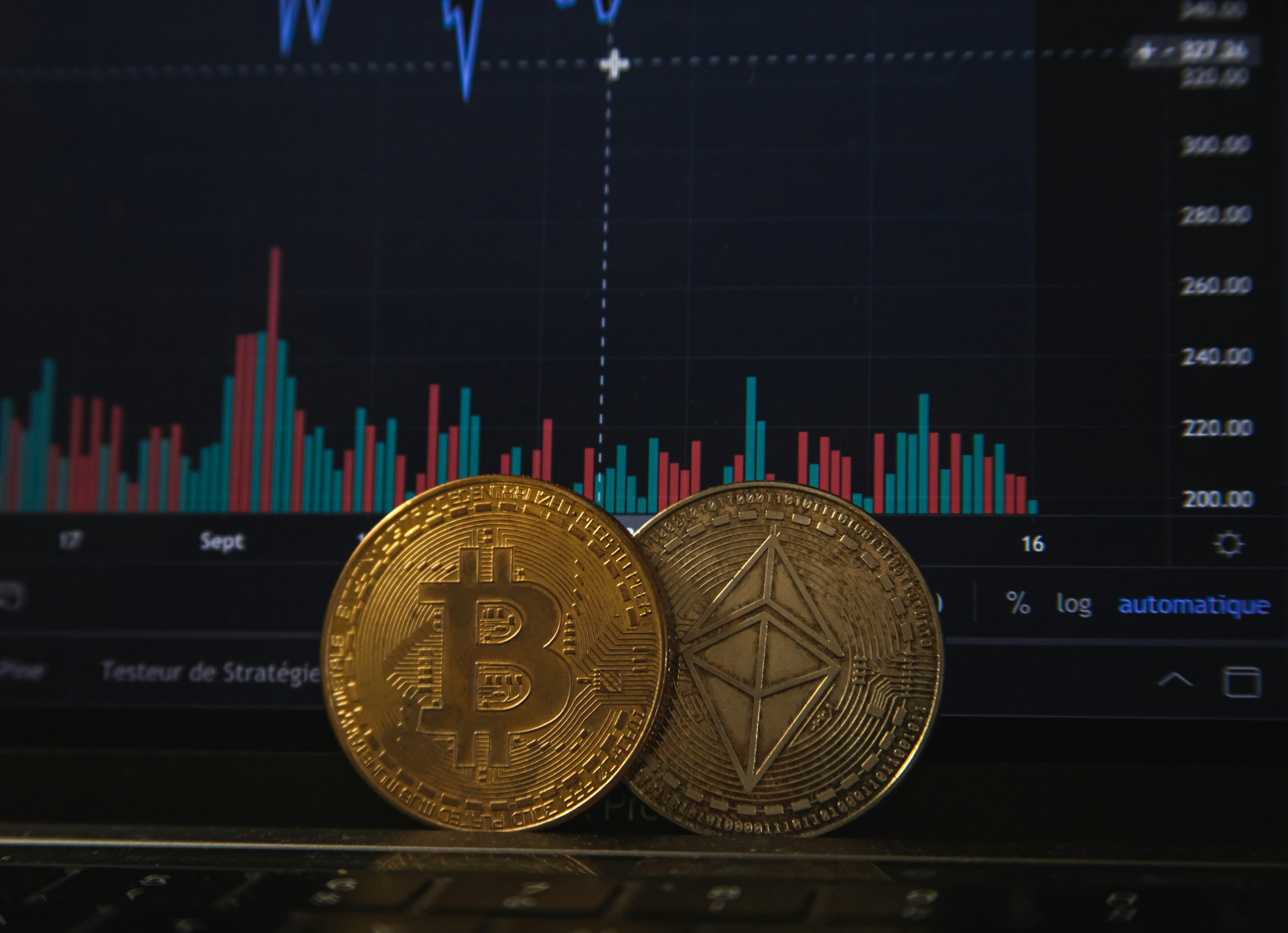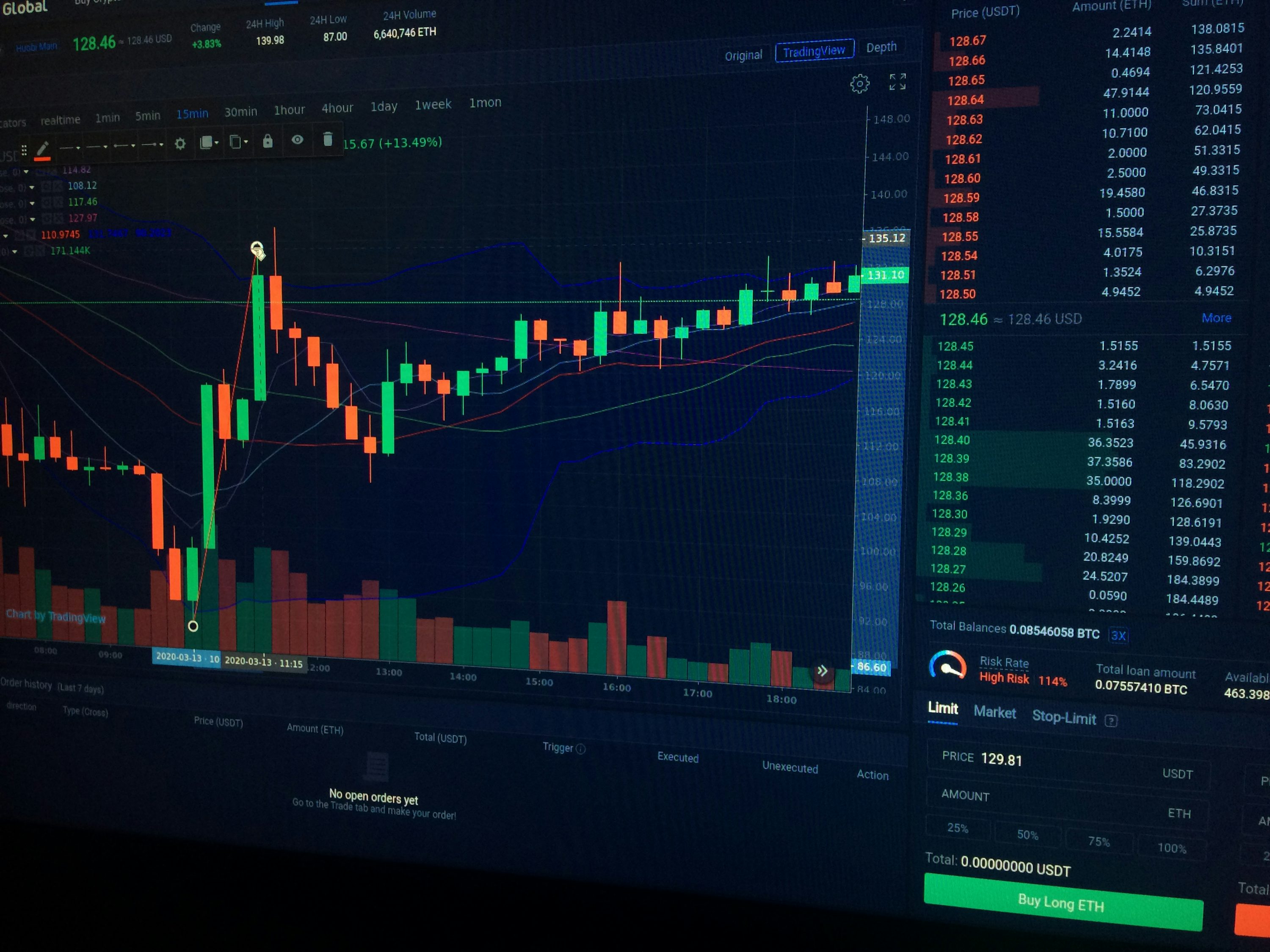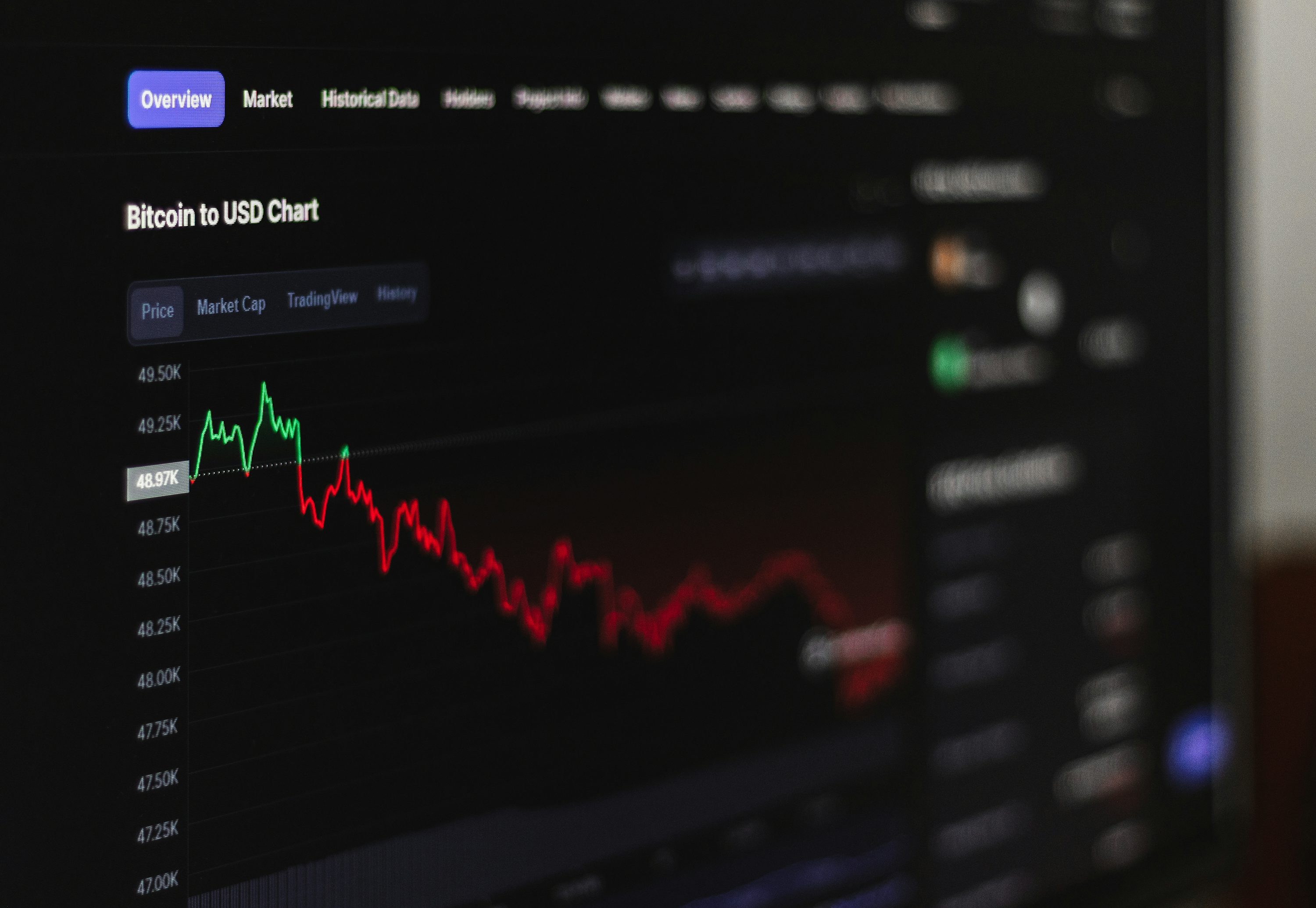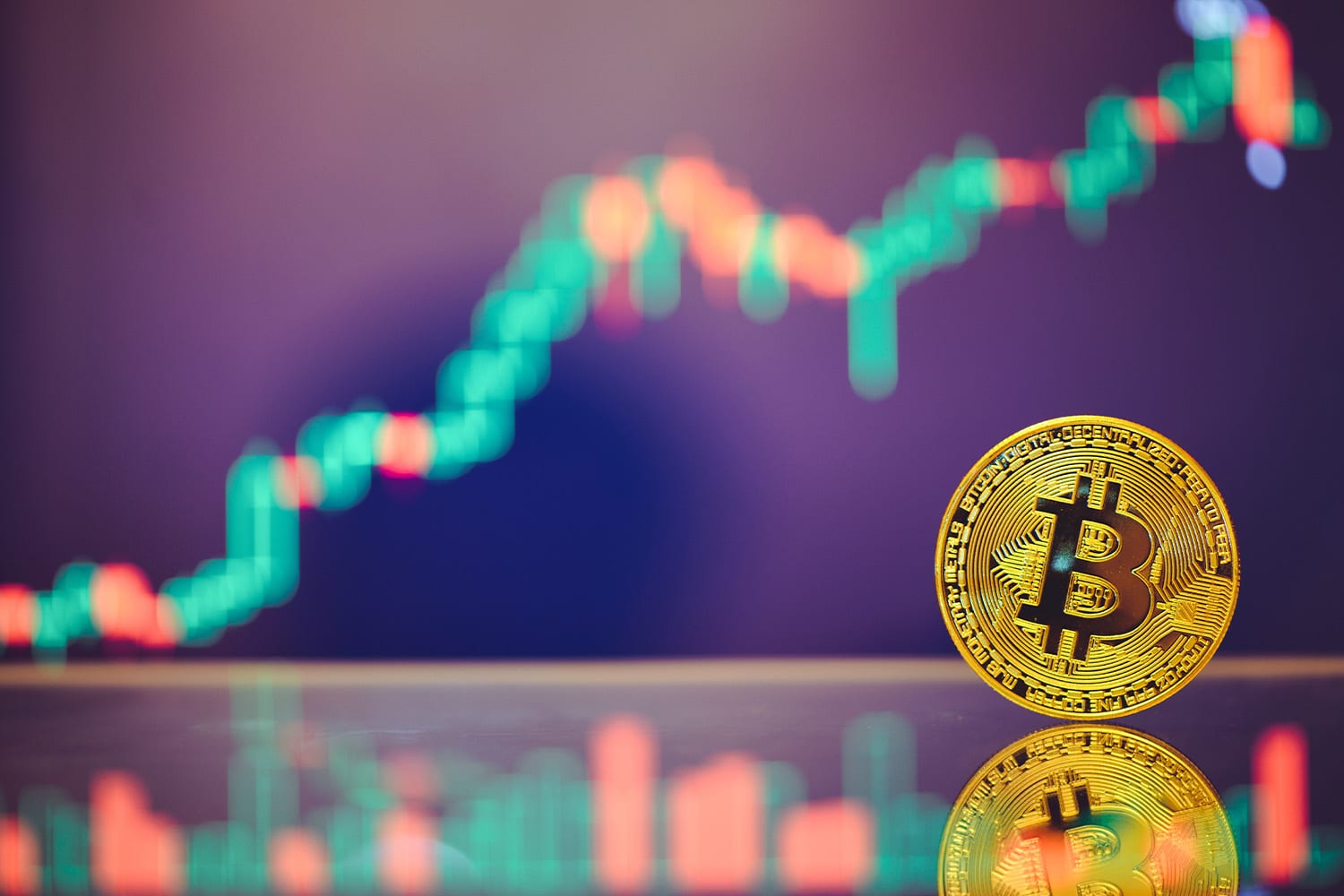You watch Bitcoin swing twenty percent overnight while your favorite tech stock barely moves, and ask which market to trade today. Day Trading Tips often focus on volatility, liquidity, market hours, and fees, but choosing between crypto and stocks also means weighing leverage, margin rules, regulation, and order types.
Which market fits your strategy, whether you favor scalping, momentum play,s or intraday technical analysis, and how will you manage slippage, spreads, and execution cost? This guide lays out apparent differences, risks, and opportunities so you can compare exchanges, market depth, price action, and real-world trading costs.
To test those differences without risking your whole account, Goat Funded Trader offers a prop firm that gives funded accounts and a clear evaluation path so you can practice strategies, learn risk management, and compare crypto exchanges and stock exchanges with real capital but limited personal exposure.
Understanding Day Trading Crypto

Day trading crypto involves buying and selling cryptocurrencies within the same day to capitalize on short-term price moves. Unlike traditional investing, where assets might be held for months or years, crypto day traders open and close positions quickly, sometimes executing multiple trades in a single day to profit from small market fluctuations.
Crypto markets operate 24/7, unlike stock markets that close after hours, which means day trading in crypto can happen anytime within 24 hours according to UTC or the trader's time zone. This continuous operation offers ample trading opportunities but also requires constant attention and quick decision-making.
Successful crypto day traders focus on assets they've studied thoroughly and understand well. They typically pick cryptocurrencies with high volatility and liquidity, as these factors lead to bigger price swings and easier trade execution. Bitcoin and Ethereum are common choices due to their popularity and market stability, but traders also watch other assets with notable volume and price movement. Day trading is not a specific strategy but a time-based approach. Traders use various techniques, including scalping (very short trades), trend trading, and technical analysis tools like moving averages or Bollinger Bands.
These tools help identify entry and exit points, support and resistance levels, and trend directions within short timeframes like minutes or hours. Risk management is crucial in day trading. Traders often set stop-loss orders to limit potential losses and take-profit levels to secure gains. A common rule is to risk no more than 1-2% of their capital on a single trade, helping preserve funds even during losing streaks.
Market sentiment plays a significant role. News, social media trends, and global events can cause rapid price shifts. Successful traders monitor these factors closely, using sentiment analysis tools and on-chain analytics to anticipate possible market reactions.
Related Reading
- Can You Make Money Day Trading
- How Old Do You Have to Be to Day Trade
- Options Trading vs Day Trading
- Day Trading Success Stories
- Day Trading Psychology
- Day Trading as a Side Hustle
- Day Trading Taxes
- Why is Day Trading Restricted
Understanding Day Trading Stocks

Day trading stocks means knowing how to buy and sell shares within the same trading day to earn profits from short-term price changes. Unlike long-term investing, stock day traders close all their positions before the market closes to avoid risks from overnight price moves.
The stock trading markets have fixed hours, usually open from morning to afternoon on weekdays. This limited window means day traders must act quickly and make decisions based on real-time data. They often use advanced trading platforms that provide live quotes and detailed charts to track price movements throughout the session.
Successful stock day traders focus on stocks with high liquidity and volatility. These qualities allow for easier trade executions and the possibility of larger price swings, which day traders aim to exploit. Big companies or actively traded stocks are favorites because of their consistent volume and price action.
The approach to day trading stocks involves several well-known strategies, such as trend trading, scalping, mean reversion, and news-based trading. Trend trading follows the direction of price movements using technical indicators such as moving averages. Scalping aims for many small profits on minor price changes, often within minutes, mean reversion bets on prices returning to average levels after extremes. News-based trading capitalizes on market reactions to economic events or corporate announcements.
Risk management is vital in stock day trading. Traders limit losses by setting stop-loss orders and typically risk just a small percentage of their capital on each trade. Discipline and emotional control are critical to sticking to the trading plan and avoiding impulsive decisions, which can lead to losses.
Day trading stocks requires continuous monitoring of several information sources, including price charts, volume data, technical indicators, and breaking news. Many traders develop a personalized plan and practice with simulated accounts before risking real money.
Crypto vs. Stocks Differences

Assets Traded
The fundamental distinction between cryptocurrencies and stocks lies like the assets themselves. Stocks represent shares of ownership in a company, making the investor a partial owner. The company's operational success and profitability directly influence the stock's value. In contrast, cryptocurrencies are digital assets traded on specialized exchanges.
Owning crypto, whether coins like Bitcoin or tokens, does not confer any ownership or equity stake in a company. Instead, cryptocurrencies derive their value mainly from market demand and supply dynamics, often capped by a predetermined supply, which can drive value as demand increases.
Maturity of the Market
The stock market is a well-established and mature arena, heavily regulated by government authorities and governed by laws that ensure transparency and investor protection. Companies listed on stock exchanges provide regular financial disclosures, fostering a stable trading environment.
This maturity has led to high trading volumes and deep liquidity, but also favors institutional over smaller investors due to preferential fee structures. In comparison, the cryptocurrency market is relatively young and still evolving. Most crypto exchanges operate with fewer regulatory constraints, resulting in lower market volume and heightened developmental risks.
Volatility
Market volatility plays a key role in both trading environments, but its scale and causes differ significantly. Stock markets, supported by large trade volumes, tend to be more stable, with fluctuations mainly triggered by macroeconomic or geopolitical events.
Meanwhile, cryptocurrencies exhibit much higher volatility, often driven by speculative trading and the significant influence of "whale" investors who hold large portions of digital assets. This leads to more extreme price swings, making cryptocurrencies more unpredictable and risky compared to the steadier stock markets.
Market Reach and Accessibility
Stock trading typically requires setting up a brokerage account, which may involve time-consuming verification processes—additionally, stock markets function within specific business hours and often close on public holidays.
Contrastingly, the cryptocurrency market operates 24/7, allowing investors to trade at any time from anywhere worldwide. This round-the-clock availability makes crypto trading more accessible, especially for those new to investing or who prefer flexible trading schedules.
Fees and Regulatory Landscape
Stock exchanges are subject to stringent regulations aimed at protecting investors and maintaining market integrity. These regulations include mandatory disclosures and investor protections, but often lead to higher transaction costs through broker commissions and taxes.
Cryptocurrency exchanges face lighter regulatory oversight, resulting in generally lower trading fees. Despite these lower costs, the crypto market's regulatory environment is evolving, with many experts advocating for increased regulation to enhance investor safeguards.
Related Reading
- How Much Can You Make Day Trading With $1,000
- Day Trading Indices
- What is Liquidity in Day Trading
- Can You Start Day Trading With $100
- Day Trading as a Career
- Why is Pattern Day Trading Illegal
- Are Day Trading Courses Worth It
- Best Brokerage for Day Trading
- Best Cryptos for Day Trading
- What is Day Trading Buying Power
- Best Time Frame for Day Trading
Crypto vs. Stocks Similarities

Despite the many differences between cryptocurrencies and stocks, several notable similarities connect these two investment avenues.
Continuous Auction Markets
Both markets operate as continuous auction markets. This means that trading occurs almost constantly during market hours, with buyers and sellers continuously placing bids and offers, which helps determine the price based on real-time demand and supply.
Value Drivers (Demand and Supply)
In both crypto and stock markets, the fundamental forces of demand and supply drive the value of assets. When demand surpasses supply, prices tend to rise; conversely, prices fall when supply outweighs demand. This underlying economic principle governs price movements across both markets.
Risk of Loss
Investing in either market carries the inherent risk of loss. Both stocks and cryptocurrencies are subject to stock market volatility, external economic events, and changes in investor sentiment that can cause significant fluctuations in asset prices. Investors should be prepared for the possibility of losing some or all of their invested capital.
Digital Platforms and Instant Trading
Both markets are accessible via digital trading platforms, providing traders with the ability to execute trades instantly. These platforms facilitate easy market entry and exit, enhancing liquidity and enabling timely reactions to market events.
Price Behavior Similarities
Speculative cryptocurrencies, especially those with lower market capitalizations, often exhibit price behavior comparable to penny stocks in traditional markets. Both tend to be highly volatile, with sharp price spikes and drops driven by speculation rather than long-term fundamentals.
Which to Choose

Choosing between day trading crypto and day trading stocks depends on several factors including market characteristics, risk tolerance, trading style, and personal preferences.
Day trading crypto offers the advantage of a 24/7 market, which means continuous trading opportunities at all times.
The crypto market’s volatility is generally higher than that of stocks, presenting greater profit potential from rapid price swings. However, this same volatility brings increased risk and requires swift decision-making and strong emotional control. Crypto day trading demands constantly monitoring the market and a deep understanding of technical analysis.
Transaction fees and leverage use can also impact profitability. The market’s unregulated nature adds another layer of risk, including the potential for price manipulation. Pros include the ability to grow accounts quickly and avoid overnight risks by closing positions daily. But the stress and complexity mean beginners may face a steep learning curve.
In contrast, day trading stocks happens during fixed market hours, typically weekdays from morning to afternoon. The stock market is more regulated and influenced by company fundamentals, economic data, and geopolitical events. Stocks with high liquidity and volatility are preferred for day trading to ensure smoother trades and meaningful price movements. Stock day trading strategies include scalping, trend following, mean reversion, and news-based plays. Risk management and discipline remain critical, as losses can accumulate quickly.
While the stock market is less volatile compared to crypto, it generally offers more stability and potentially lower emotional strain. However, stock traders miss out on 24/7 opportunities, being limited to market hours. Trading costs and commissions can also impact net gains. Both markets demand extensive research, skill, and practice to be successful. Day trading is not suited for everyone due to its intensive demands on time and mental resilience. Traders must also carefully manage risk and use stop losses to preserve capital.
For traders looking to grow professionally, prop firms like Goat Funded Trader give access to funded accounts with significant capital and profit-sharing models. Our structured programs support traders in either crypto or stock markets, helping reduce personal risk and enabling career growth.
Goat Funded Trader is a prop firm that gives you access to simulated accounts up to $800K with the most trader friendly conditions in the industry no minimum targets, no time limits, triple paydays with up to 100% profit split, instant funding or customizable challenges, and fast payouts backed by a two day payment guarantee with a $500 penalty for delays.
Join over 98,000 traders who've collected more than $9.1 million in rewards and sign up to Get Access to up to $800K Today with 25 to 30% off.
Get 25-30% off Today - Sign up to Get Access to up to $800 today.

Goat Funded Trader gives you access to simulated accounts up to $800K with some of the most trader-friendly conditions in the industry. There are no minimum targets and no time limits so that you can work through setups without artificial pressure. You get triple paydays with up to 100 percent profit split. More than 98,000 traders have collected over $9.1 million in rewards, and payouts come backed by a two-day payment guarantee with a five-hundred-dollar penalty for delays. Choose customizable challenges or start trading immediately with instant funding options. Sign up to get access to up to $800K today and 25 to 30 percent off.
Related Reading
- Best Rsi Settings for Day Trading
- Best Moving Average for Day Trading
- Day Trading Checklist
- Day Trading Technical Analysis
- Best Markets for Day Trading
- Day Trading Indicators
- Stocks for Day Trading
- Day Trading Books
- Best Tools for Day Trading
- Day Trading Rules
- Day Trader Salary
- Best Day Trading Stocks
- How to Day Trade for a Living
- Day Trading Patterns
- Best Stocks to Day Trade
- Is Day Trading Legal
.svg)
.avif)



.avif)







.svg)

.svg)